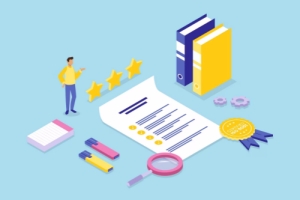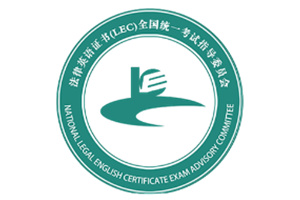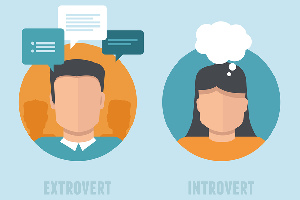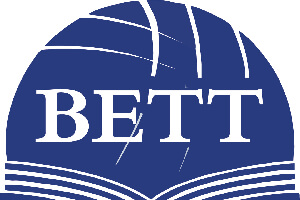What Are Subsidies?
“This is subsidy. The game show where we talk about government-sponsored financial incentives.
Our first question: Which of these sectors benefits from government subsidies?
Agriculture, education, transportation, or all of the above?”
Oh, that’s easy.
“The answer is all of the above.”
He’s right. But there’s more to the story. Sometimes governments support their people and businesses through a policy tool that brings down prices called subsidies. They do this to create long-term benefits for the economy or to help pay for things that the market isn’t providing but that people cannot live without.
Subsidies can also be a helpful tool when an economy is hit by a crisis. Let me show you what I mean.
Take housing. Everyone needs a roof over their head. Unfortunately, not everyone can afford it. But governments can help by subsidizing rent for poorer citizens or building more low-cost homes.
Education subsidies, like discounted tuition or free textbooks, can make schooling affordable for more people. As a result, people are more skilled and can get better jobs.
Even something as small as bringing down the cost of public transportation yields benefits for the environment. Not to mention it gives people more options about where they can live and work.
But not all subsidies are helpful, some have downsides. Oh, this is me.
Take a look at one of the most common subsidies, energy. In a lot of countries, fuel subsidies can mean consumers are paying less for fuel than it actually costs to produce. And that doesn’t even reflect the environmental cost. Look at coal. Burning coal produces electricity, but it also pumps carbon into the air, which causes pollution and contributes to climate change. If the price tag on coal doesn’t include these environmental costs, companies will always choose cheap, subsidized coal over more expensive clean energy sources.
On the flip side, when governments subsidize green energy sources, they make the clean choice the more affordable option. At the IMF, we support these types of reforms that get energy prices right and tax pollution, especially when the added revenue goes towards programs that can help the poor, basically making sure that subsidies do what’s best for people, the economy, and mother Earth.















